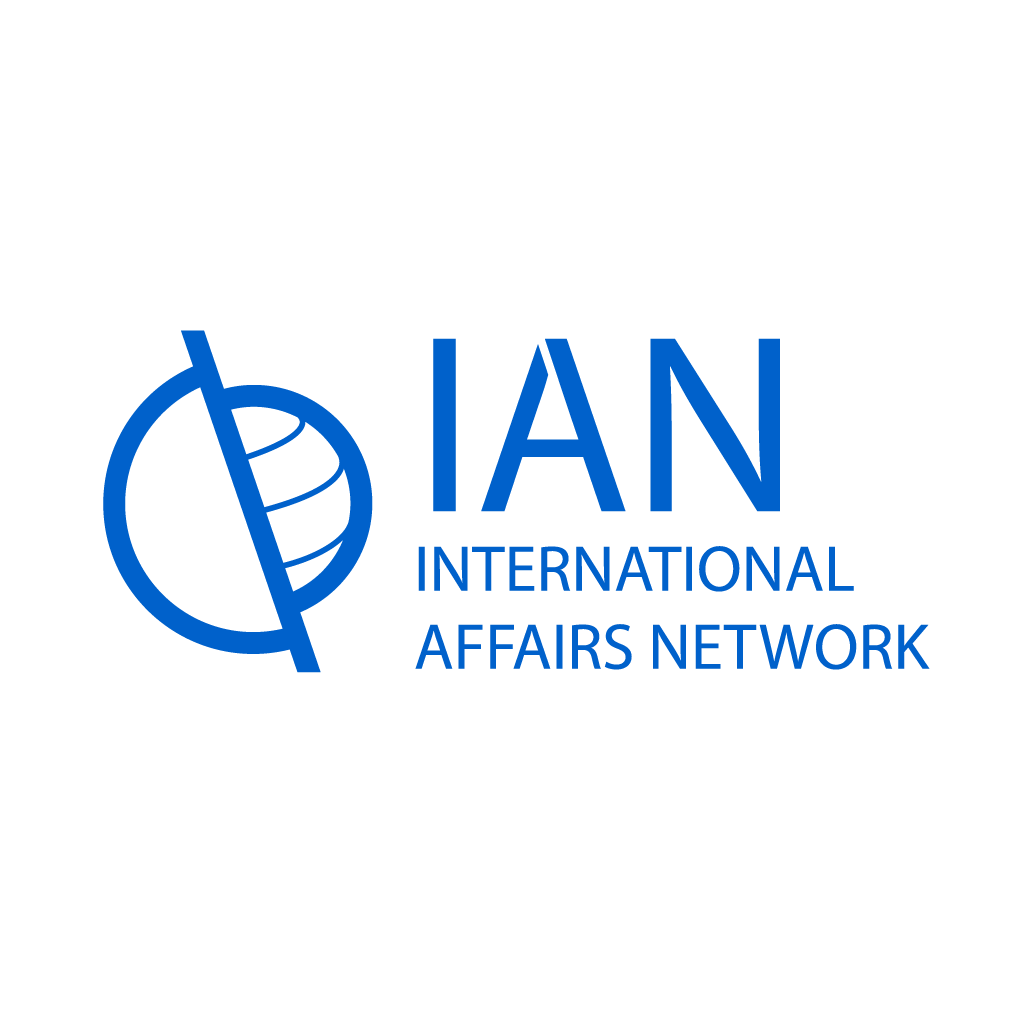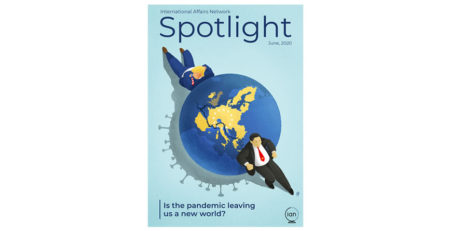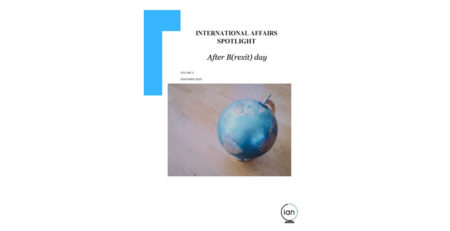Spotlight 5 – November, 2022
The most striking global macroeconomic trend between the end of the Second World War and the financial crisis was the acceleration of international relations, in particular trade and foreign investment. The main drivers for this trend were the development and enlargement of the European Union and the integration of China into global value chains and the World Trade Organization, bringing Southeast Asian countries with it.
However, since the financial crisis, this trend has been reversed, with international trade losing weight in the world economy. Inter-regional relations have been replaced by intra-regional economic relations. This phenomenon stems partly from the slowdown of China. But, more recently, it is also a reflection of a more protectionist policy in many regions of the world, justified partly by the security of supply of certain essential goods that proved to be scarcer during the pandemic and now due to Russia’s war on Ukraine.
The European Union has been, since its creation, a strong promoter of globalization. Along with the development of the internal market, it has sought, over the years, to increase international trade and investment through trade and investment deals. However, in view of the constraints in supply chains jeopardizing national security, the European Union has also started to reduce its dependence on external countries, especially in terms of essential goods (such as energy, health and digital goods).
In this context, in which regionalism is replacing globalisation, the European Union is well positioned to strengthen intra-regional transactions and gain bargaining power vis-à-vis other regions. However, the EU must keep in mind that national security is better assured through a balance between local production and diversification of economic chains. Returning to protectionism, with the mere objective of supporting national producers, would be a mistake for growth and even long-term European security.
Portugal, in turn, is one of the countries with the lowest degree of openness in the European Union. Recently, it has benefited from the “near-shoring” trend and currently has a strong exposure to the European market. Regionalism brings with it opportunities for Portugal, particularly because of its personal safety and political stability indicators, the quality of young graduates and its renewable energy score. However, in this new environment, there are also risks related to its exposure in terms of investment, employment, and trade, to countries outside the European Union with higher political risk.









